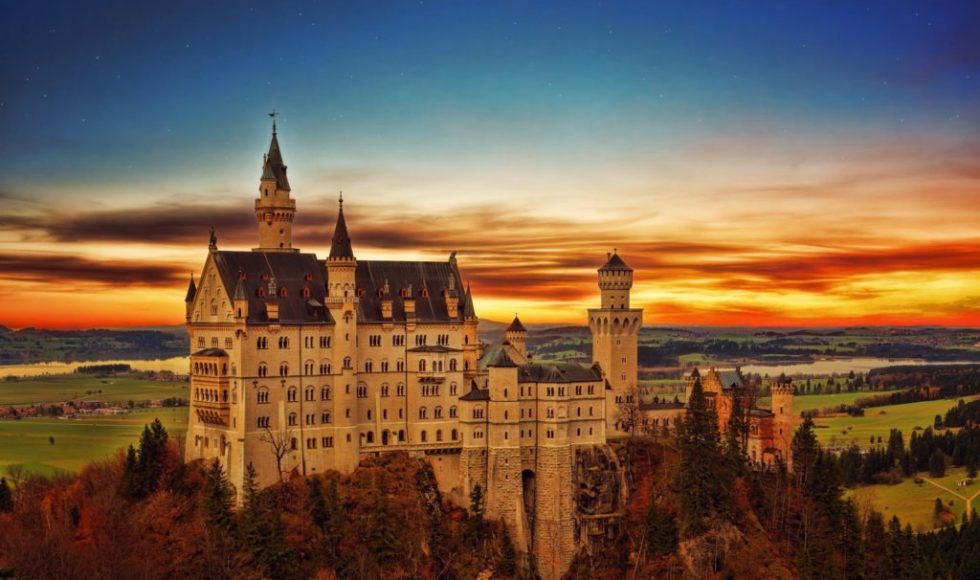German is the predominant and the officially spoken language of Germany. However, it is just one of the 23 other official languages within the EU. Yet makes up one of the three working languages of the EC (European Commission), alongside French and English.
The Derivation of Germanic Languages
The standard form of spoken German is West Germanic and happens to be related to Dutch, and various Frisian languages and English. Though to a lesser extent to the North and East Germanic languages. Interestingly the majority vocabulary of the language comes from the Indo-European branch of the family. Some words have been derived from Greek and Latin with fewer from English and French.
How is German Written?
German is usually written using Latin alphabets. So, in addition to using the 26 standard letters, there are three vowels ü, ä, and ö, then there are Eszett also called scharfes like that written with “ß”. The orthography of the language was revised back in 1996.
German Dialects
The dialects spoken and written are easily distinguished from what is known as standard German. These dialects are local varieties, and they can be traced to as far back when Germans lived in tribes. However, many of the dialects are not easy to understand even for a standard German speaker since their lexicon, syntax, and phonology differs.
The proliferation of German
German language is spoken by over 100 million people natively and has about 80 million non-native speakers. It is the primary language for 90 million people 18% of which are in the EU. It is estimated that 67% of German citizens can communicate in another foreign language, 27% can speak in two foreign languages other than German. In most cases, German is their primary language.
In Germany, the German diaspora is passed on through the generations via their naming customs and through the use of written and spoken language. The goal of the Goethe Institute is to spread knowledge of German literature, customs, and other aspects.
A Rich Culture
The German culture has successfully spanned through the whole of the German-speaking world. While its roots have been in Germany, it has played a major role in shaping popular and intellectual events across Europe both in terms of secular and religious belief. Germany has for the most part of history been called Das Land der Dichter und Denker which in English means the land of thinkers and poets.
Germany has a number of public holidays but is in particular known for its Oktoberfest celebration in Munich. Also, its carnival culture and the Weihnachten Christmas customs are known the world over. 3rd October is the country’s national day since 1990 and is celebrated as the Unity day. Also, UNESCO has marked 38 properties in the country as World Heritage sites.
Germans are a proud people who take pride in their existence. So, their priority is to ensure the establishment of German language and culture. That’s why Germans prefer speaking and writing in German making it imperative for businesses to ensure that their message is correctly translated into German language.


